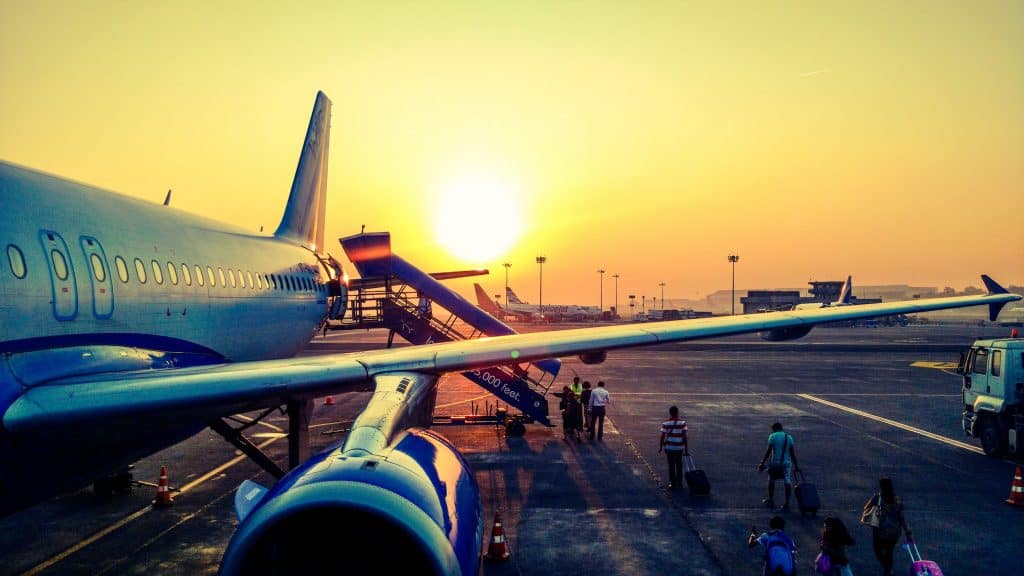You’ve got the plane ticket, the hotel reservation, the itinerary. But have you given any thought or taken any steps to protect your health and safety? The worst thing that can happen is that you spend your vacation in a hospital— or bring home a weird, exotic virus that has you bedridden for weeks.
You also want to avoid theft, mugging, or worst, terrorist attacks. Your resort may call itself an “island paradise” but let’s not be naïve and assume everyone is as friendly as they look in the brochures.
Be smart. Prepare, make informed decisions, especially if you’re traveling with your family. This vacation is supposed to be fun—and you can do your part by preventing most disasters.
1. Check Travel Advisories
Your embassy will list places that they recommend “caution” or right-out tell you to stay away from altogether. This could be because of a tense political situation, or a low level of security in underdeveloped areas.
But also take advisories with some degree of salt. You can safely assume that the capitals and major cities of a country will be more tourist friendly, since governments would’ve probably taken great efforts to develop them. The exception, of course, are countries going through civil war—in which case, read the international newspapers (or the web-version of their local English paper) to see how bad it really is.
2. Get Vaccinated
Some viruses that are relatively rare in your country may proliferate in the climate of another—and you don’t have the natural antibodies to fight them. Get the full range of vaccines (your embassy website will also recommend which ones you really need, depending on here you want to go).
3. Bring Medicines and Prescriptions
Ask your doctor for two copies of your prescriptions (carry one in your wallet, and leave one in your luggage). Also bring enough anti histamines (for allergies) or any maintenance vitamins or medications. Asthmatics should carry have a nebulizer—especially since attacks can be triggered by change in climate or physical exertion (you never know how much walking you’ll be doing during the tour).
4. Never Flaunt Your Valuables
Wearing your Rolex or flashing large amounts of money practically screams “Rob me!” to the pickpockets. Keep small bills and change in your belt bag for easy access (these are for entrance fees, cab fares, snacks). Keep larger bills in a zippered pocket. To be very safe, divide the money and distribute it among several pockets—at least, even if you do get robbed, you still have something left.
Another tip: bring only what you need for that day and leave the rest in the hotel safety deposit box.
5. Travel in Groups
This is unfamiliar land, and you may not even speak the local language. So stick together (at least divide into pairs), especially at night.
6. Ask the Hotel Receptionist/Travel Agent Which Places to Avoid
Before exploring the area, get a list of places known for its crime rate, or streets that tend to get dark after a particular hour. Identify the areas on a map and avoid accordingly.
7. Tell the Hotel Receptionist Where You Are Going
This is very important if you are going skiing, hiking, or participating in any activity where there is a risk of getting lost or injured. Name how many people will be in your party and what time they can expect you. Then, they can alert authorities if you have not returned.
8. Avoid using public WiFi
Public WiFi makes it easy for thieves to hack into the information stored on your mobile phone or laptop, according to the report. Yet less than half (47 percent) of respondents avoid using public WiFi when traveling. Instead of using public Wi-Fi, get a portable router to set up your own WiFi hotspot.
9. Keep a record of important documents
If your wallet or any important documents do get stolen, it’s important to know exactly what’s missing, the report said. Before you go on your trip, write down all the information from your credit and debit cards, driver’s license, medical insurance and other important documents. This will help you figure out who to call after a theft and what to tell them.
10. Monitor credit cards and reports
Monitoring bank and credit card accounts (58 percent), as well as credit reports (55 percent), was seen as helpful in detecting suspicious activity. Yet 53 percent of respondents say monitoring financial transactions is challenging, and 81 percent trust banks and credit card companies to catch fraud for them. However, you must rely on yourself to catch a thief by constantly monitoring your accounts.
11. Write Down Emergency Info
If disaster strikes, you might not have time to search for numbers for local police or ambulance services, or directions to the nearest embassy for your country. You may also be too stressed and panicky to think straight.




